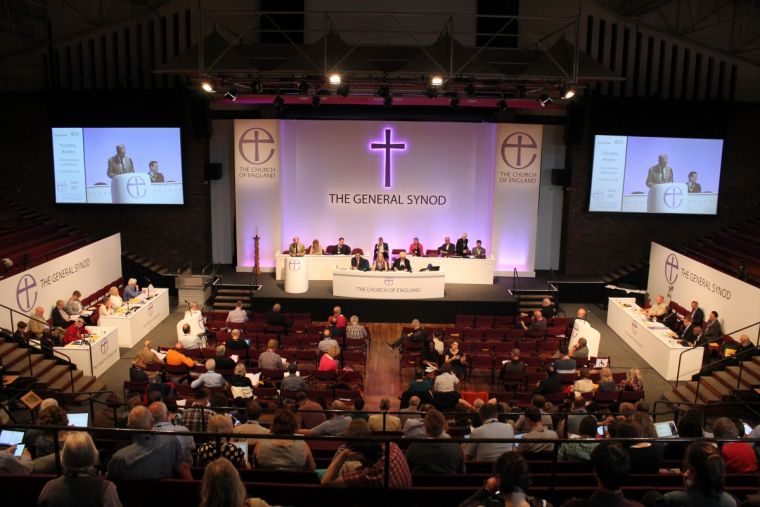Church's Gay Marriage Stance Challenged By Retired Bishops
The Church is facing an unprecedented challenge to its stance on gay marriage on the eve of a landmark debate on the issue.
Fourteen retired Church of England bishops have written to current leaders criticising them for marginalising LGBT Christians in a recent report that refused to change teaching that marriage is between one man and one woman.

One bishop went as far as saying the report marked a 'betrayal'.
Led by Rt Rev Peter Selby, former Bishop of Worcester, the retired Church leaders accuse bishops of not listening to gay Christians and the pain they feel.
'Our perception is that while the pain of LGBT people is spoken about in your report, we do not hear its authentic voice,' the bishops write.
'The result of that focus on the issue of a change in the law is that your call for a change in tone and culture, while absolutely right, does not carry conviction.'
They accuse current leaders of seeing 'their task as managing – rather than perhaps enabling or leading – the conflicts that are bound to occur'.
The unusual intervention of retired bishops on a current debate comes after current CofE bishops published a report saying there was 'little support' for changing the current teaching on marriage. Instead they called for 'maximum freedoms' within current laws and a 'fresh tone and culture of welcome and support' for gay people.
The report will be put before the Church's parliament, general synod, next week for a 'take note' debate.
Usually a formality, it faces a significant challenge from both ultra-conservatives, who are concerned about the call for 'maximum freedoms', and progressives who are dismayed by the lack of change.
A joint-rebellion could force the synod to split into its three 'houses' - the laity, clergy and bishops – to vote. It must be accepted by more than half of all three if it is to pass.
If it is struck down the report cannot be raised again for the duration of that synod – which means it could not be discussed until 2020.
The former Bishop of Worcester said: "The people who entered those conversations who were gay or lesbian, or had had various difficult experiences in their lives because of their sexuality, they entered those conversations knowing that they would have to reveal themselves in a circumstance in which that might carry a price in terms of their life and their career.
"They feel that what's come out here is a betrayal in the specific sense," he said according to the BBC.
"All sorts of ideas are in this report about what they would have wanted, which I don't think are accurate."











